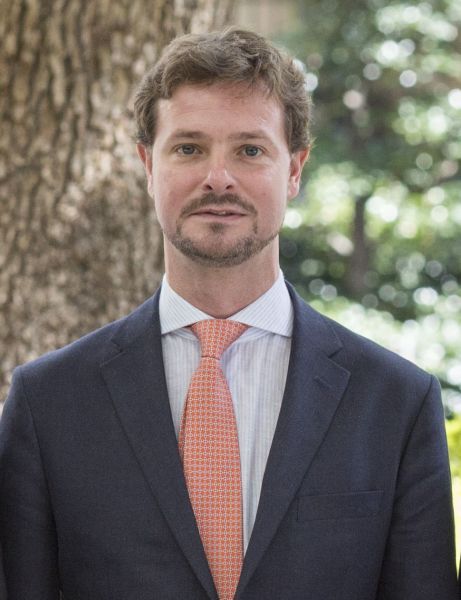 Globalisation will be at the heart of the debates during AIJA’s 56th International Young Lawyers’ Congress, from 28 August to 1 September 2018 in Brussels. 700+ young legal professionals will gather from all around the world in Brussels to discuss the impact of globalisation on the legal profession. We asked the President of AIJA Wiebe de Vries, to share his thoughts on the theme of globalisation.
Globalisation will be at the heart of the debates during AIJA’s 56th International Young Lawyers’ Congress, from 28 August to 1 September 2018 in Brussels. 700+ young legal professionals will gather from all around the world in Brussels to discuss the impact of globalisation on the legal profession. We asked the President of AIJA Wiebe de Vries, to share his thoughts on the theme of globalisation.
Q1: Why globalisation during this year’s International Young Lawyers’ Congress?
The increased economic integration in the past decades has caused a backlash against openness in many developed countries around the world. Today, we witness a growing wave of populism and Euroscepticism that seem to encourage a return to closed borders and national control over flows of goods, capital and people. The economic crisis, Brexit vote, and the nationalism trend e.g. in the US have only further illustrated the movement against globalisation. So, this year, we will ask our delegates: is the dream of globalisation over? Are we heading towards or away from international integration?
As an international association, we want to offer the space for professionals to meet and exchange views on a topic that matters to them in their day-to-day work in their law firms and with their clients. Before determining the direction of the trend with regard to globalisation, I personally believe we will need to better explain its benefits and see how we can overcome current and future challenges. Apart from this, we can raise the question whether the current level of international integration is actually reversible. An answer could therefore be that we need to find new ways to engage towards a better international integration. This and more will be discussed during the Brussels Congress.
Q2: In your view, what is the impact of globalisation on the legal profession?
Globalisation has led to a growing need for lawyers with international expertise, specifically lawyers that can work with different business cultures and in more than one jurisdiction. This has also brought an increase in the mobility of lawyers having the right skills and expertise. Domestic lawyers can now easily move from their local practice to one in another country, or simply continue their domestic practice from a different location - we could call them legal nomads. We can also find many more opportunities abroad than some years ago. We can connect with our peers, regardless of where they are, to stay up to date and make sure we know who to turn to if, for instance, a case needs to be referred.
Above all, I think that in today’s globalised world, we - as young lawyers, need to be able to constantly re-evaluate our role in the profession and more broadly in the larger community to find a balance between the traditional features of the practice of law and the modern business practices. We need to be able to open ourselves to change and be willing to embrace the challenges and opportunities brought by new technologies and ways of working. Then we can say that, indeed, we are embracing some of the many benefits of globalisation.
Q3: What is the benefit of being part of an international association such as AIJA in today’s globalised world?
What AIJA has to offer is a great example of how professionals from all corners of the globe can benefit from knowledge sharing and business opportunities, regardless of where they are. At AIJA, we seek to support our members by creating communities, sharing knowledge and developing skills. Both professionally and personally, our members keep close ties with each other and help one another to advance their professional careers. Friendship is at the heart of our membership. Another benefit of being part of an international association like AIJA is that you can easily get access to local knowledge abroad; and that might be the most luxurious service you can bring to your clients in today’s globalised world.
To register and to check the full programme, visit brussels.aija.org.